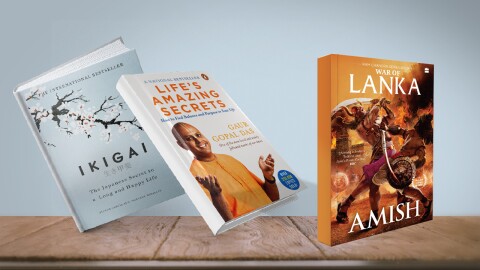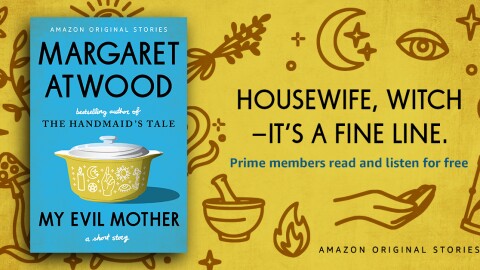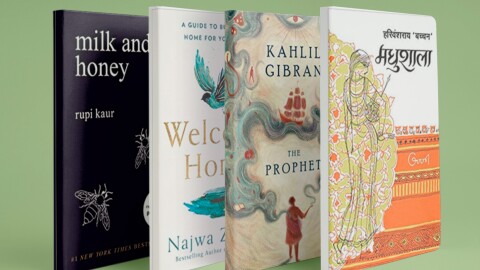Growing up in the city of Calcutta, the love for food was pretty inevitable for famous author/film-maker Ruchir Joshi. The town which is known for its street food, its world-famous sweets and its warm hospitality, always leaves travellers wanting more on their plate, quite literally! With Prime Day just around the corner, we sat down with Ruchir Joshi to learn more about his essay on food and the various ways in which it regulates social relations.

Joshi is a regular columnist for The Telegraph and India Today, as well as several other publications. His writing is fresh, crisp and intuitive, and his debut novel ‘The Last Jet-Engine Laugh’ was able to showcase his unique take on the Indian experience. Joshi loves to read, and he firmly believes in the teleportation abilities of a good book. “It provides you with windows that look outside from the building of your everyday life; it provides with you with the lay-by where you can get off the highway of the quotidian, park, stop your engine, get out and take in the surrounding landscape; it allows you to be somewhere else, to be someone else, to think outside the box of your own limited experience”, says Joshi.
As someone who preaches the importance of reading as a tool for social solidarity, it was quite interesting to pick his brain on his upcoming essay for Prime Day, which places food at the centre of social relations. In the piece, Joshi will be taking his readers on a journey down memory lane where he will talk about his experiences of eating out and the restaurants that he has frequented. He will comment on the theatrics of dining out, what that means to him and how it shaped his formative years growing up. Food and cuisine offer a window into different cultures, and we are excited to read Joshi’s take on how the experience of dining out can be valuable in shaping our ideas and thoughts.
When asked about his writing approach towards the digital medium, Joshi insisted that he has not adopted any distinct strategy for the same. He looks at print medium and digital medium as requiring similar writing processes from the writer. Still, he does agree that being connected to the internet while reading can make for a whole different experience. Come Prime Day; we are excited to read how Joshi will navigate the digital medium of Amazon Prime and convey his ideas to his readers in a manner that captures their attention. We believe that his distinctive way of writing simple truths with unusual observations would appeal to a broad reader base.










